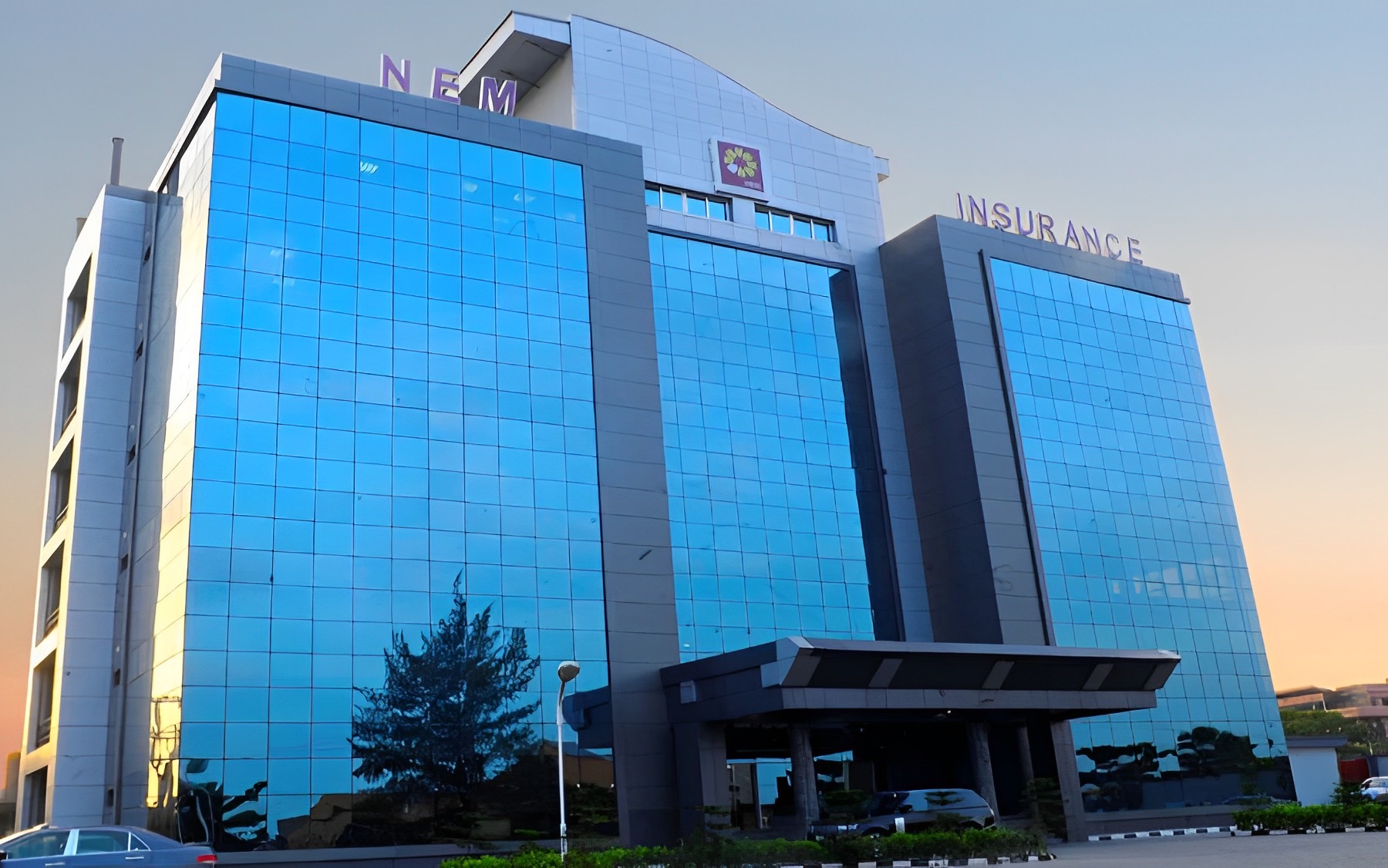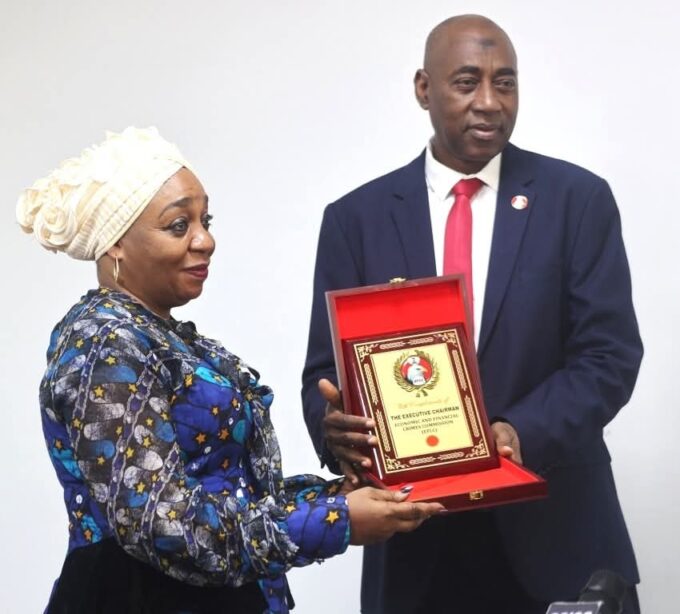Credit and currency risks have long been seen by investors as a barrier to entry for African markets
(Source: Africa Specialty Risks)
Africa’s insurance market is poised for rapid expansion with the second fastest growth in the world after Latin America. It is growing nearly twice as fast as North America and over three times faster than Europe. With 7% year-on-year growth, the region even outpaces Asia. However, this recent growth has taken place against an extremely low baseline and Africa continues to be severely underinsured. It was against this backdrop that Africa Specialty Risks (ASR) (www.ASR-re.com) was founded in 2020 with support from Helios Fund IV. We spoke to Mikir Shah, CEO of ASR about how (re)insurance can unlock investment in Africa and why he is optimistic about the growth of the Continent’s (re)insurance sector.
“Africa is one of the last real growth markets,” Shah begins, “but the provision of covers have never been the full range of covers we get in the West”. The structure of Africa’s insurance market has historically been fragmented and dominated by a number of regional and local insurers. “The nature of local insurers,”, Shah explains, “is that they have small balance sheets and they really look after the retail and SME markets.” Options for corporate and specialty risks are far more limited. It was in this context that ASR was founded with financial backing from Helios and major international investors such as CDC, IFC and Fairfax. “Both we and Helios saw that there was a gap in the market” to provide the end-to-end covers needed by businesses across the Continent.
Filling this coverage gap represents a significant step towards unlocking investment across the Continent. Building capacity among local insurers is an essential piece of this puzzle as international investors and corporates have been limited to sourcing covers in the global market. ASR’s mandate is “focused on Africa and to deliver what those investing in Africa need in terms of risk mitigation”. To do this ASR’s teams work closely with local insurers, providing training and, crucially, leveraging the company’s technical abilities to insure against complicated local risks. “We have technical skills that can complement and enhance local stakeholder capabilities,” Shah explains. This approach allows ASR’s experience of complex risk mitigation drawn from across the Continent as well as other global markets to be deployed by local insurers who provide ASR with further on-the-ground knowledge.
This kind of localised risk insurance can provide “real comfort to international investors and corporates”. Credit and currency risks have long been seen by investors as a barrier to entry for African markets. Fluctuating exchange rates threaten returns and exits while political instability makes for challenging operational climates. Investors and businesses “need to know that assets won’t be taken away or whittled down to zero…that’s the first step…then they can invest the money”. For development finance institutions as well as private investors, helping Africa’s insurance market reach maturity is a critical to achieving wider economic and social development goals.
Ultimately, political risk and uncertainty are not a uniquely African phenomenon Shah highlights – “the risk exists no matter where you are”. With the Covid-19 pandemic providing the ultimate unforeseen event and political destabilisation in many Western markets, “we’ve seen a rebalancing of the perception of risk over the last 24 months”. Political risk mitigation products play a critical role in building a healthy investment ecosystem no matter the market and were available in the West prior to their adoption in Africa. According to Shah, “across the Continent you’re now seeing awareness of different products…and that’s the most important part”. For the insurers across the Continent, the priority is now to build out products specifically tailored to the African market. For ASR, this on-the-ground presence and knowledge are essential to building targeted products across country and regional levels.
Building out African-focused insurance and reinsurance products now can also lay the groundwork to support businesses and investors against future risks such as climate change. “As insurance companies, we can’t have the same impact on climate change as other industries,” Shah explains, “but what we can do is have products that mitigate the impact of the volatility driven by climate change.” Despite its minimal contribution to emissions, Africa is particularly vulnerable to the effects of climate change. Temperatures in North and Sub-Saharan Africa are expected to rise by as much as 3.5C from pre-industrial levels by 2050. For a continent where agriculture provides employment for over half the population, the impact on livelihoods is severe. Weather variation is an area where insurance can have a significant impact of individual farmers. Parametric insurance, which guarantees a direct payout after a qualifying event offers a means to mitigate against unpredictable external risks in a way that traditional insurance products cannot. Farmers, for example, can use such packages to quickly secure seeds to replant after a flood or drought. Given the dominance of the agricultural sector in Africa such products “allow resilience to be built into local commodities”.
Technology is another area set to define insurance markets in the years to come. For ASR, “digitalisation is available in every single product line. Using technology to improve the risk mitigation process is very important and we’re looking at it in every aspect of what we do.” Technological advances have the potential to democratise access to insurance by raising awareness and improving the affordability of products. According to a recent study 70% of insurers plan to drive forward digital strategies over the next two years. ASR plans to utilize digitalisation in its interactions with local insurers. Through an online platform information can be shared easily by local brokers and AI can efficiently extract information from risk assessments.
Shah remains bullish about both the growth of Africa’s insurance sector and the economic development of the Continent as a whole. “The innovation you get in Africa is on a different level because of the need,” he concludes. The Continent has been a leader in the uptake of mobile money, for example, which has been used to solve specific challenges around financial inclusion and confidence in transactions. Shah is confident that this same innovative approach will grow in the insurance sector enabling investors and businesses to expand across the Continent.














